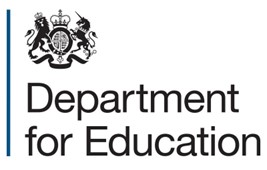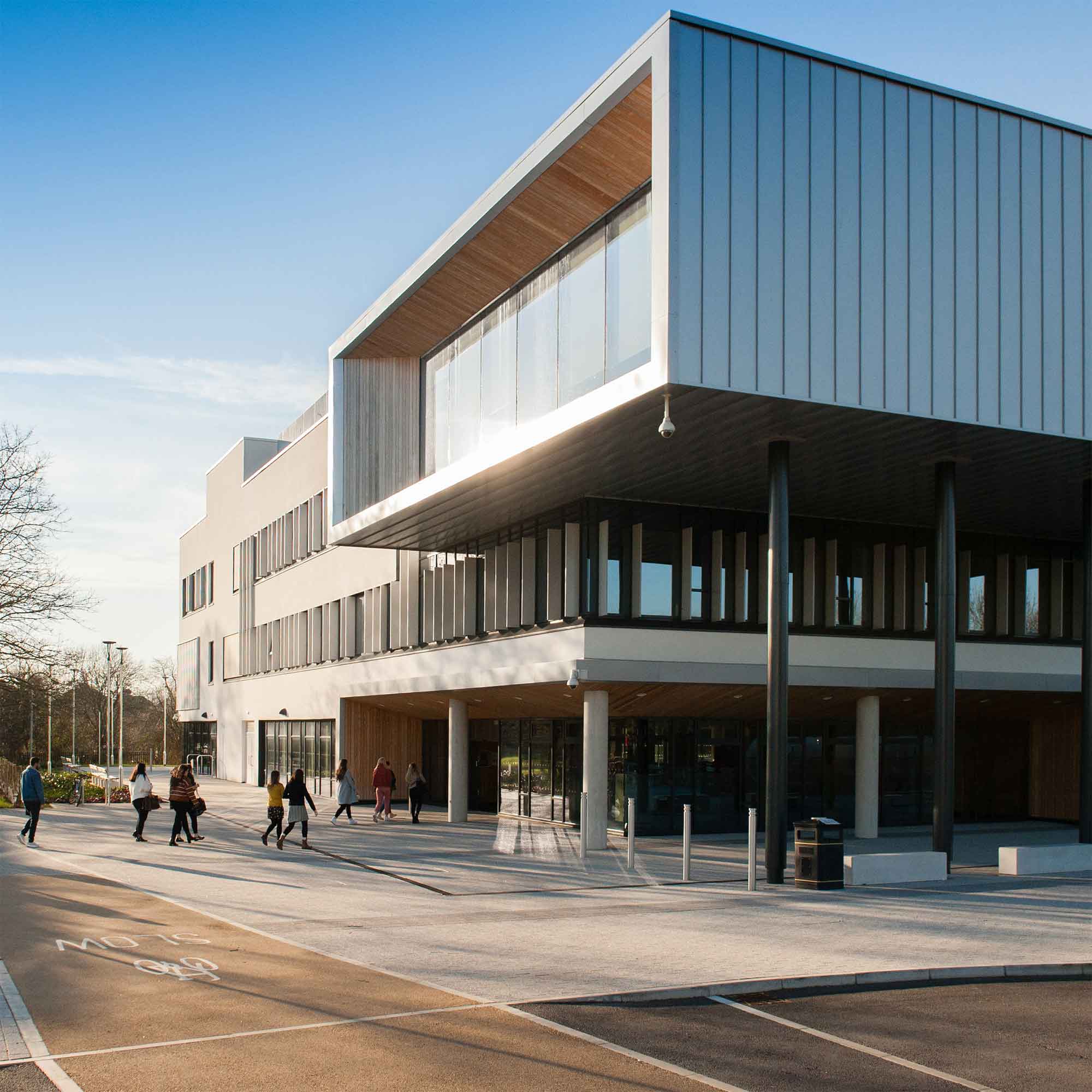| Template site
Developments in EfS in UK Universities
Universities are increasingly seeing the importance of sustainability as an educational priority, and part of how they can demonstrate the relevance of their course offer to public issues and to the industrial and social changes happening around sustainability.
Students choosing university courses can now find a range of opportunities on offer, either with specific focus on sustainability or claiming to have embedded a sustainability lens into an existing subject area.
Some universities have also taken on the strategic challenge, of targeting their entire portfolio for integration of sustainability into course experiences – and starting to measure their progress.
But there are different approaches behind what students see in the outlines and promotions for courses. They range from defined introductory content being taught, to deeper course designs with assessments, that connect sustainability into the subject knowledge, and build a capability to apply this learning in context.
In UK higher education, during the lifespan of this project, visible frameworks and policy guidance aimed at incentivising the growth of EfS and led by organisations supporting the sector included:
UK Quality Assurance Agency for Higher Education (QAA)

The QAA are an independent membership charity that maintain and enhance quality and standards in universities. The UK Quality Code for Higher Education developed in 2018 and subject benchmark statements provide trusted reference points and peer-led enhancement groups supporting the design, delivery and review of all academic programmes across universities.
The QAA, in partnership with AdvanceHE, convened an expert group to develop cross-cutting national guidance on EfS (updated version released in 2021). Since March 2022 the QAA has also asked subject benchmarking groups to reflect EfS into their statements, in ways that will support course design that applies its principles and thinking into the subject specialisms.
Advance HE (AHE)

AHE is a member-led charity that aims to improve higher education for staff, students and society and publishes the Professional Standards Framework (revised 2023) for the recognition of educators and professional development courses in the sector. AHE formed in 2018 from the amalgamation of Higher Education Academy, Leadership Foundation for Higher Education and Equality Challenge Unit.
In addition to partnering with the QAA to support national guidance in EfS, AHE has published good practice guides on EfS with case studies from a range of institutions. Previously the Higher Education Academy ran a multi-year initiative to develop EfS, with a range of capacity building research and development projects, including the Green Academy change programme for institutions.
Department for Education (DfE)

The DfE released a Climate Change and Sustainability Strategy in April 2022 that has its primary focus on schools, but has highlighted the role of universities and expectations of the higher education sector’s contribution to sustainability learning through its core educational offer, responsibilities in teacher education and its partnership work with schools.
Students Organising for Sustainability (SOS-UK)

SOS-UK are a prominent sustainability charity for the education sector, having originated from the National Union of Students sustainability team. It aims to influence change in education systems, by supporting students in education settings to take action in response to the climate emergency and ecological crisis. It offers opportunities to students and tertiary education institutions to develop sustainability practice and skills, including its Responsible Futures initiative to support the adoption of a sustainability focus in courses using staff-student collaboration models.
The Alliance for Sustainability Leadership in Education (EAUC)

The EAUC (Alliance for Sustainability Leadership in Education) is a charitable member organisation for sustainability professionals and teams in the tertiary education sector. Its aim is to support the adoption and integration of sustainability as ‘just good business’ in the post-16 education sector. It offers support to universities and colleges in good sustainability practice, including programmes and resources via its Sustainability Exchange, on different aspects of sustainability development and improvement. It also co-ordinates the Green Gown Awards that recognise innovation and leadership in sustainability in universities and colleges, across the UK and internationally.

